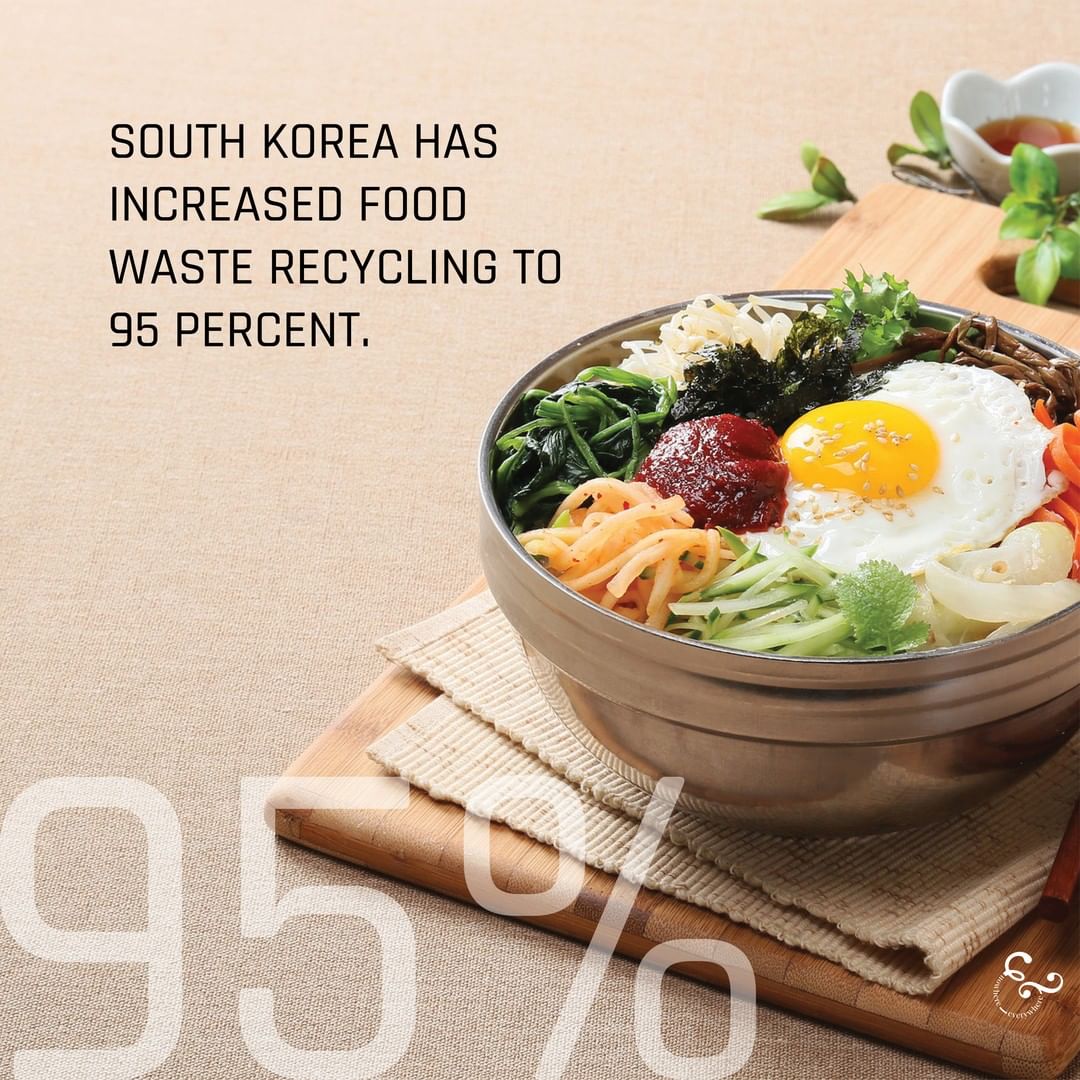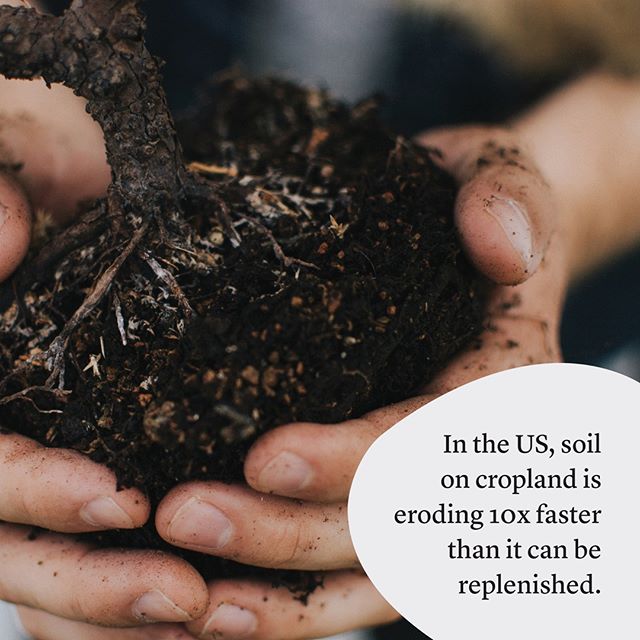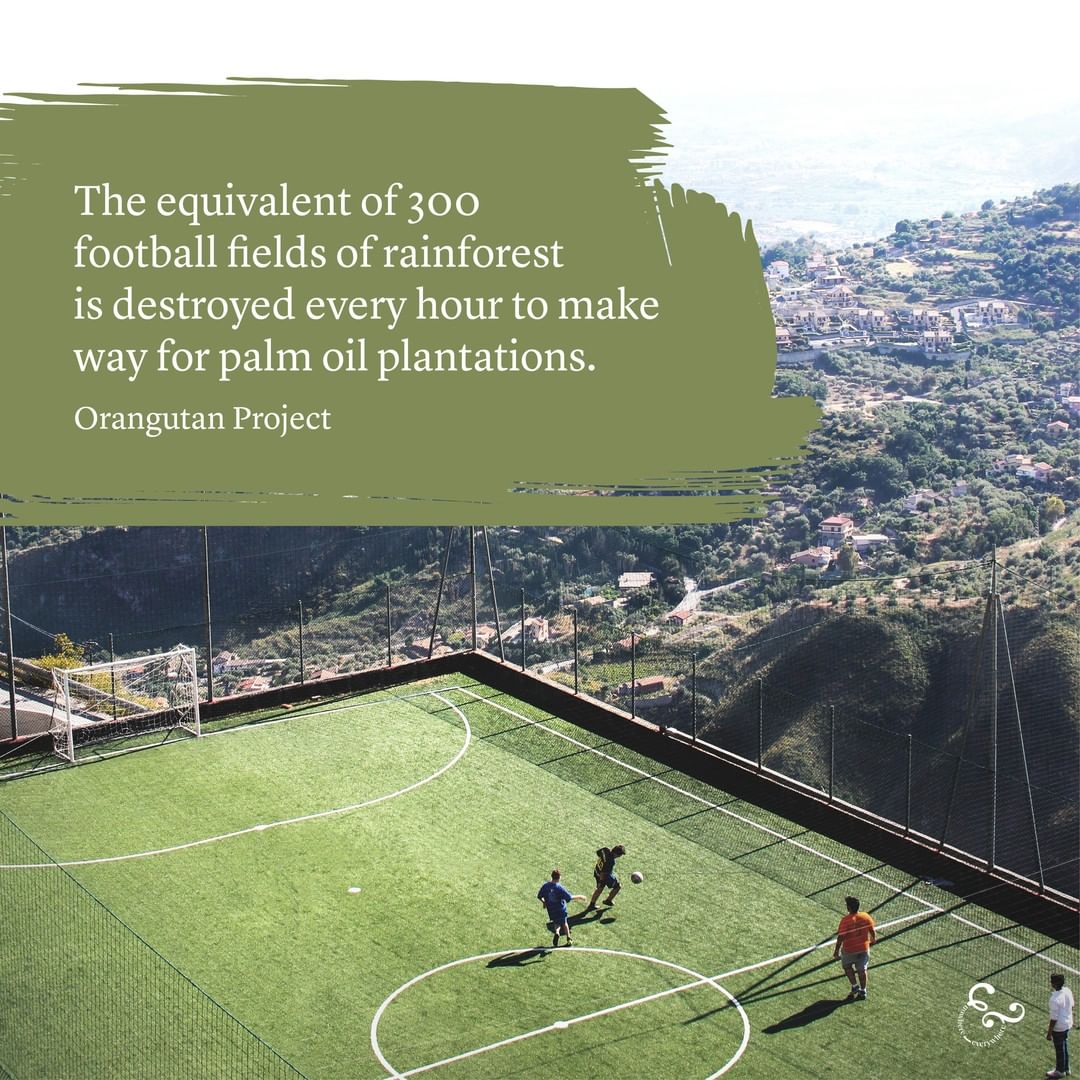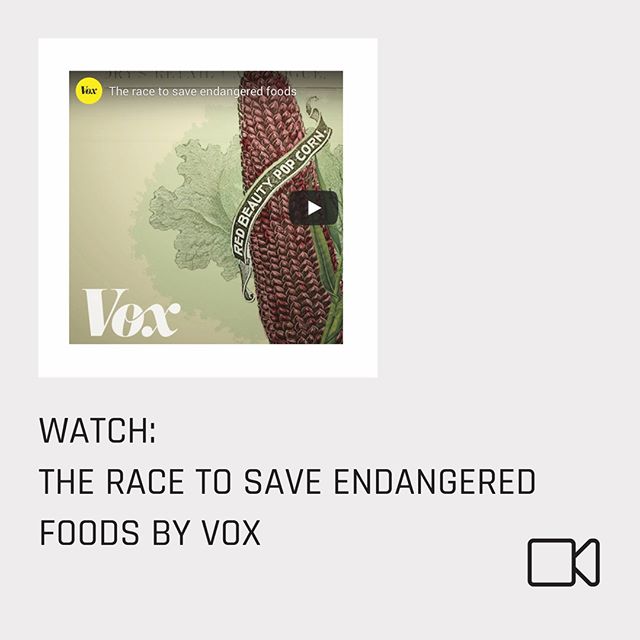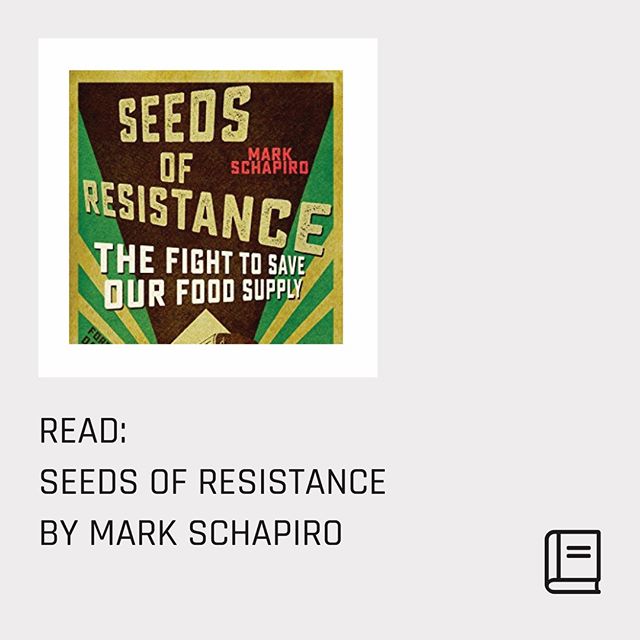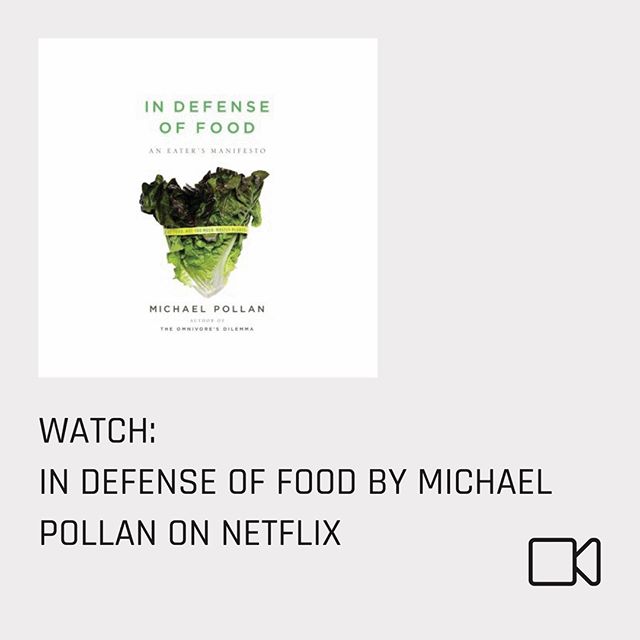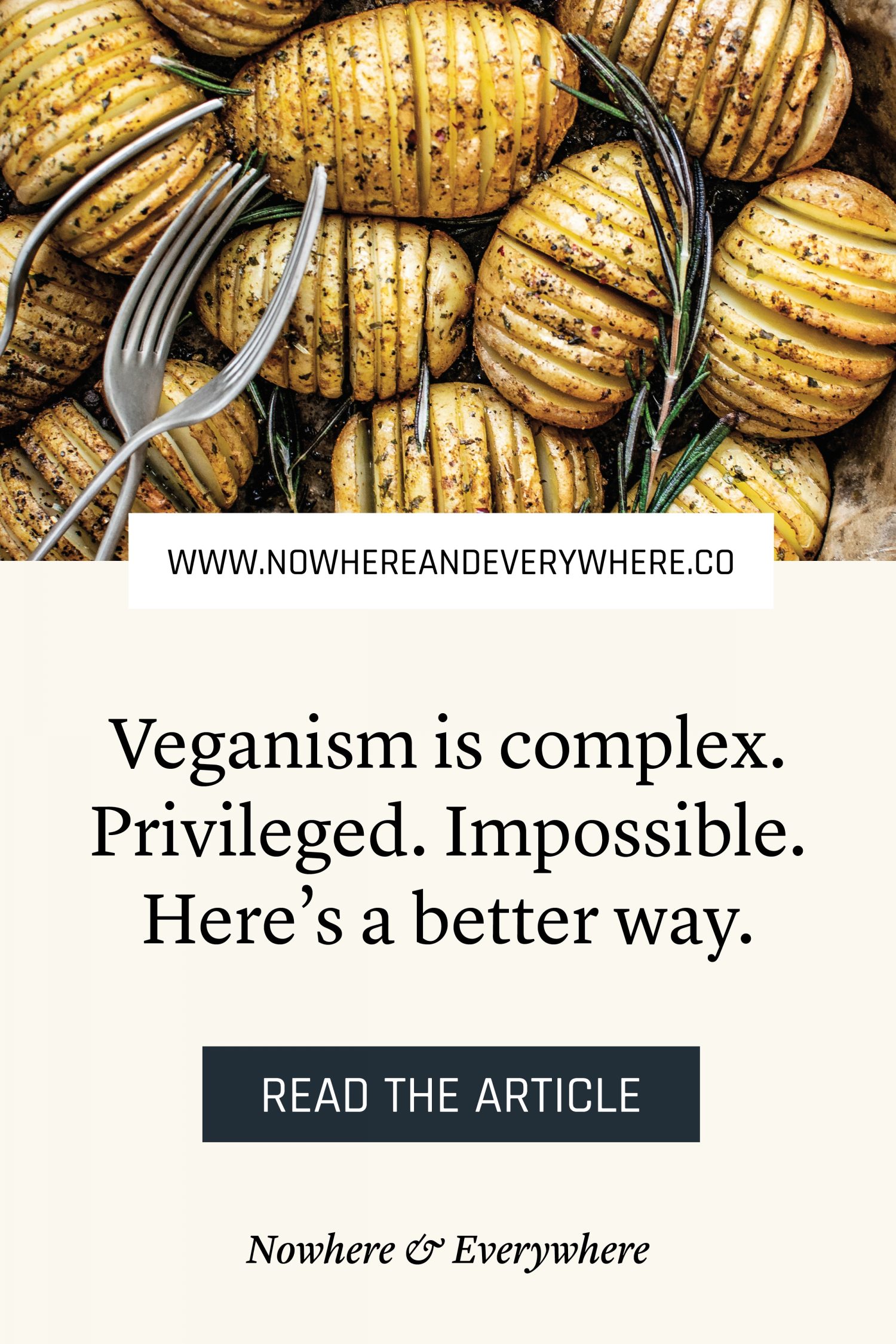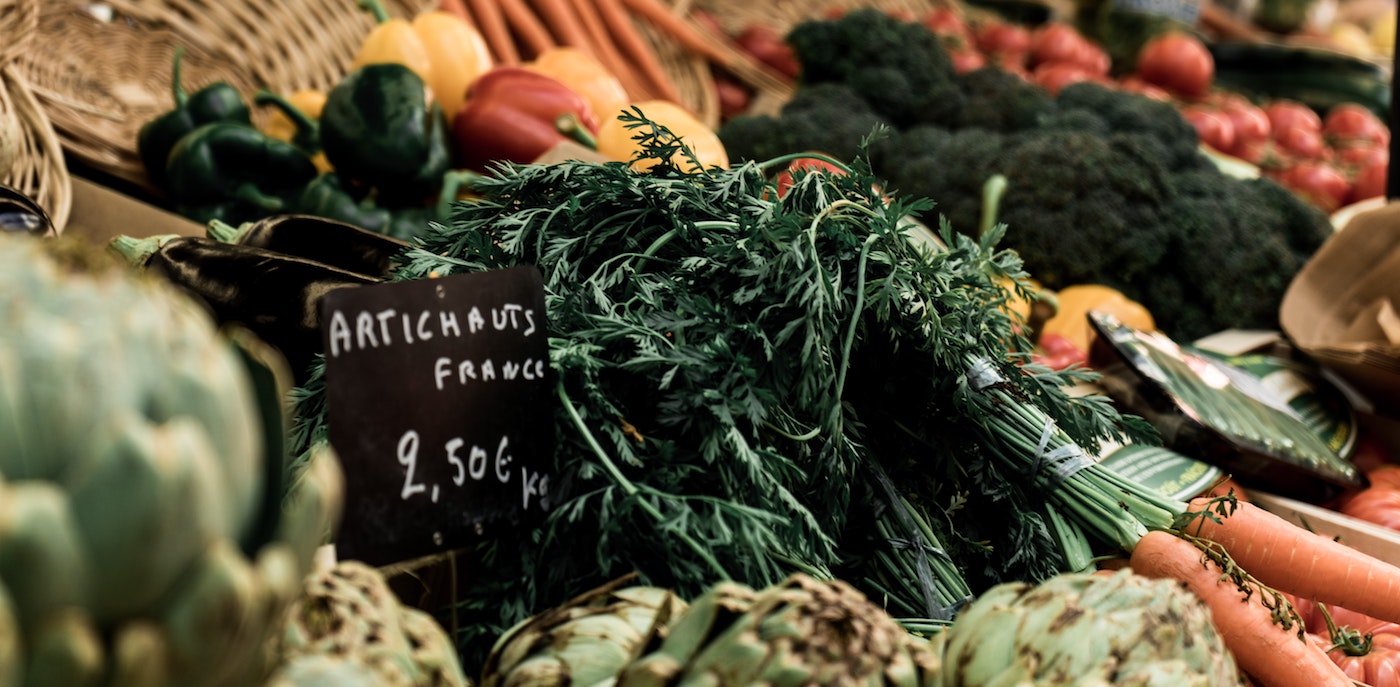
Sustainable eating
Our global food systems are a mess. We grow feed for livestock by deforesting the Amazon. The wealthier we are, the more meat we eat. We are changing our lands fo agriculture faster than we can fathom. We’re logging down trees for palm oil and mono-crops. We ship everything around the world. In some places we even ship out the foods we grow at a high price, only to import the same foods from another country at a lower price. Capitalism rules alongside political lobbying.
To top it all off we then waste an enormous amount of all the resources and energy that has gone into growing our food from the farm to supermarket and significantly within our households at an estimate of 30 to 50 percent depending on the food type. Making matters somehow even worse, we live in a world where millions of people still experience starvation, hunger and food insecurity in nearly all countries and we have a crisis of nutrition with skyrocketing obesity rates. While reducing food waste and increasing plant based eating are incredibly important and top of the list in Project Drawdown’s solutions, sustainable eating is so much broader and complex than this. Explore the intersection of this with us below.
Receive an email full of our favorite resources to dig into this further (films, books, organizations, people, apps, websites) and stay up to date with all the news, policies and tips in this space.
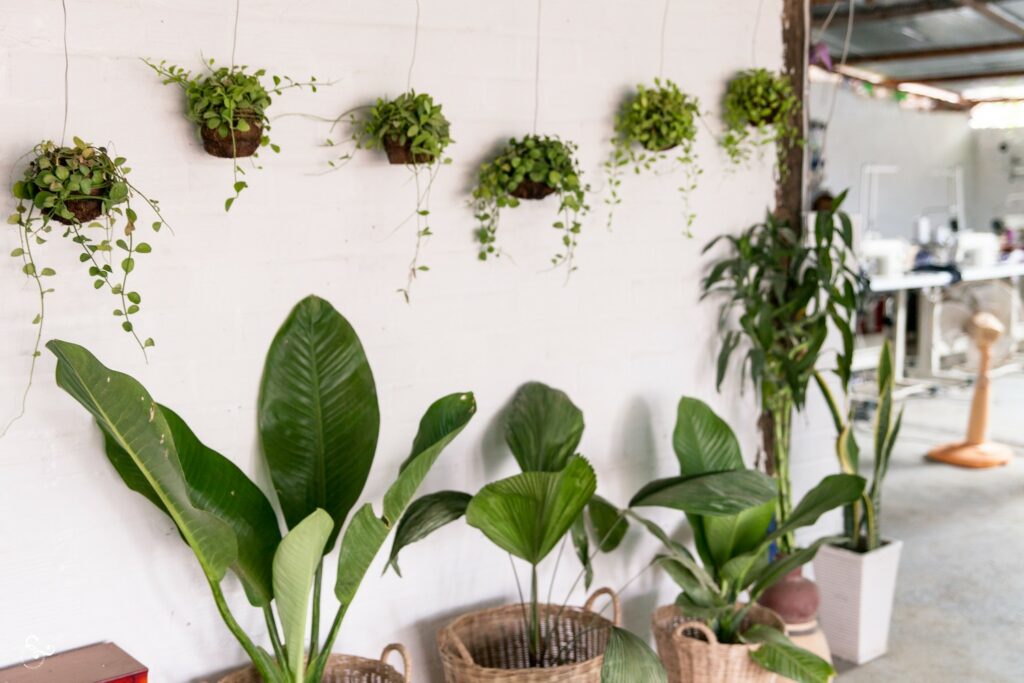
Renovating a sewing centre in rural Cambodia
We work in a rural area where Lis has spent the best part of a decade working. When we decided to create high-quality hemp & recovered linen products, we took on a small little sewing charity, run by a local organization who hoped to create a few jobs. We wanted

No such thing as cheap & ethical
One of the biggest barriers to the world of ethical sustainability is cost. To capitalize on that brands are beginning to greenwash their items to appeal as both cheap & ethical. They also want you to keep your purchasing habits but feel better about it. Here’s some thoughts on
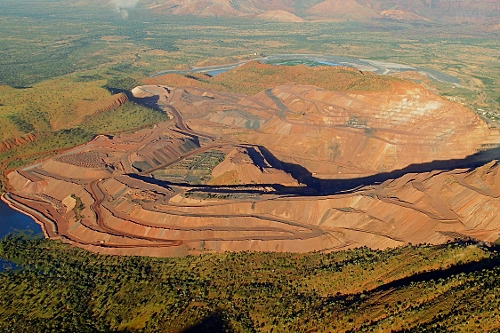
60,000 abandoned mines – what happens now?
The ecological recovery of Australia’s mined lands is a task daunting in both its scale and complexity. In the wake of Australia’s most recent mining boom, the nation is slowly awakening to the reality of what over a century of mineral exploitation has done to its iconic landscapes. Independent reports,
ACTION
Take our ultimate food waste challenge
Households are responsible for a significant amount of food waste in high-income countries and we’ve got some ways to get thinking about reducing this. These challenges are not easy but whether you live alone, with housemates, with your partner or with children, these will stretch you and ultimately help you reconsider habits and thought patterns we’ve all long been stuck in (and we’ll help you keep your vegetables crunchy in the fridge!).

RESOURCES
Learn, read and act
TAKE ACTION
Small action, big change
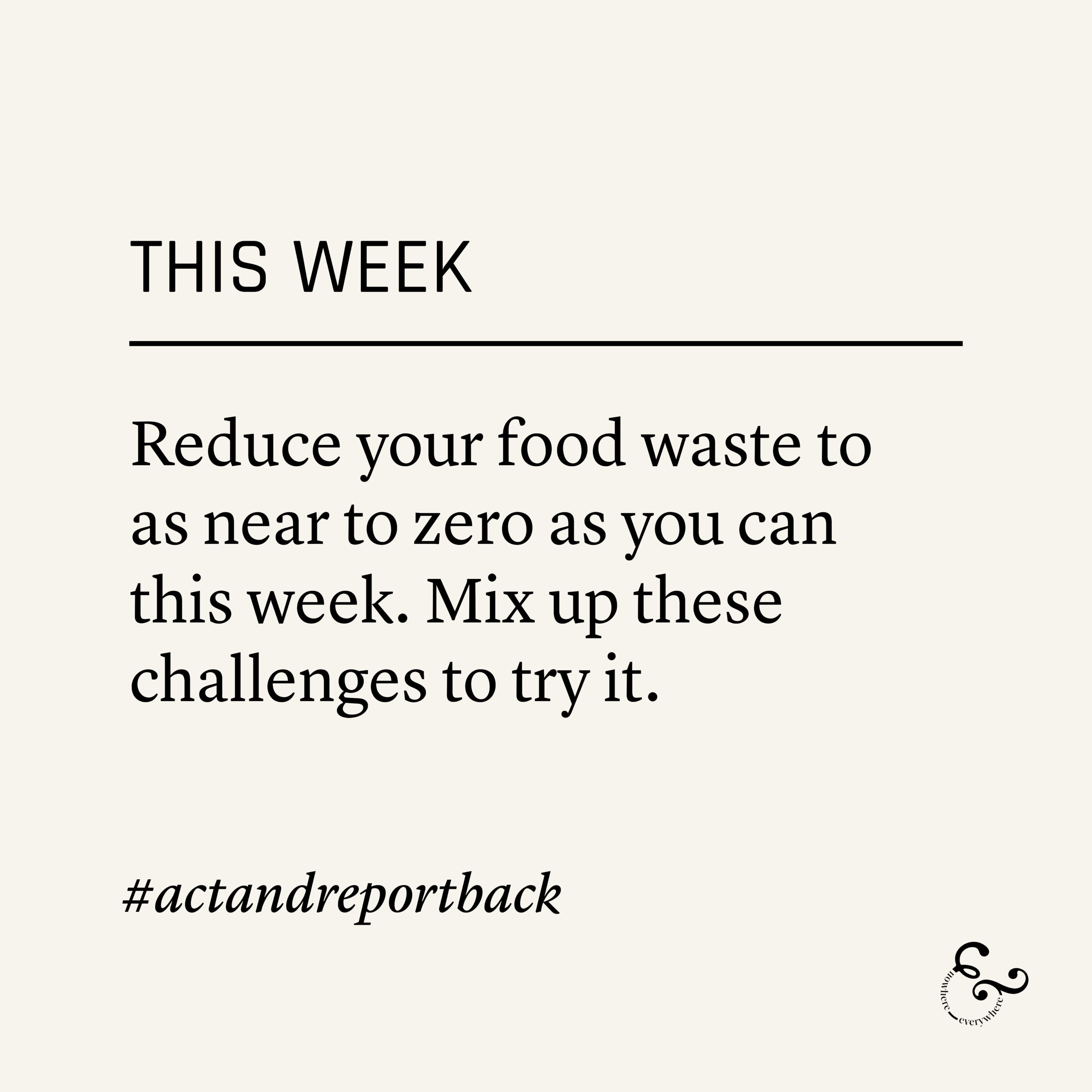
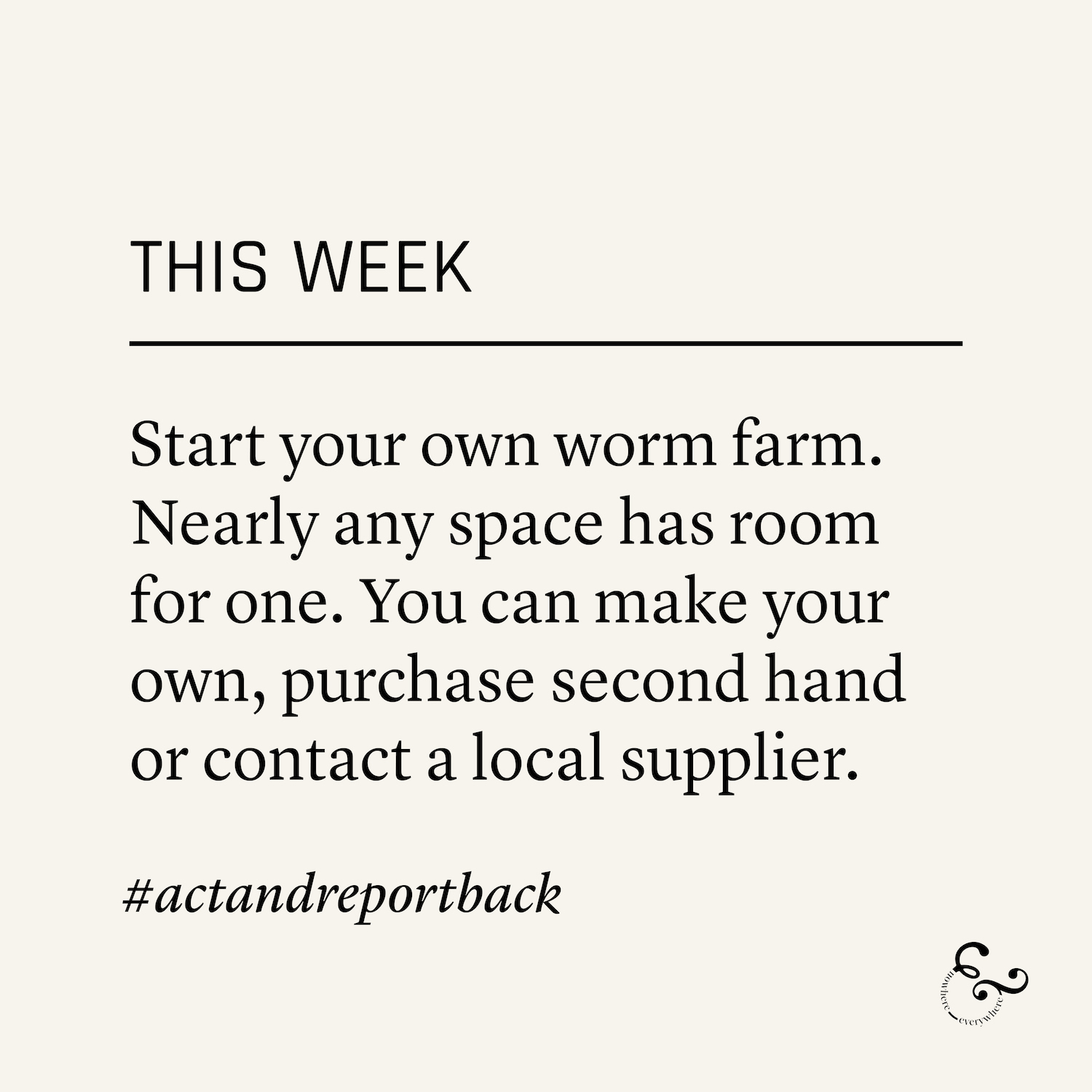
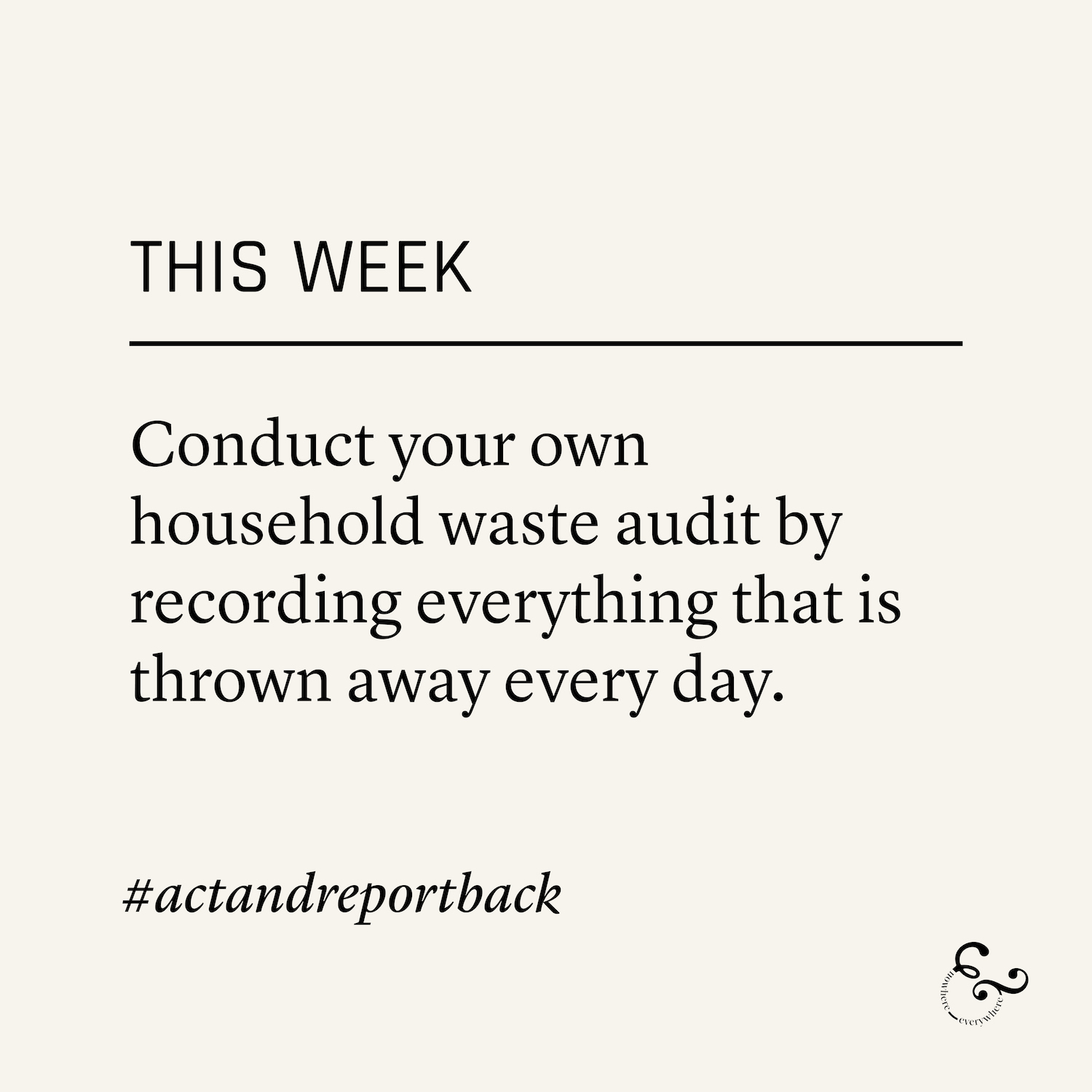
ACTION
You are not a perfect vegan and that is absolutely ok
The ink on nearly every product you buy most likely is not vegan. Building houses on cleared land isn’t a vegan thing to do as urban development displaces animals from their homes and natural habitat (eventually driving many to endangerment or extinction) whilst killing others. Filling that same new house with furniture probably wasn’t vegan. So what should you do?
INSTA DATABASE
You can filter all our bite-sized posts on plastics
